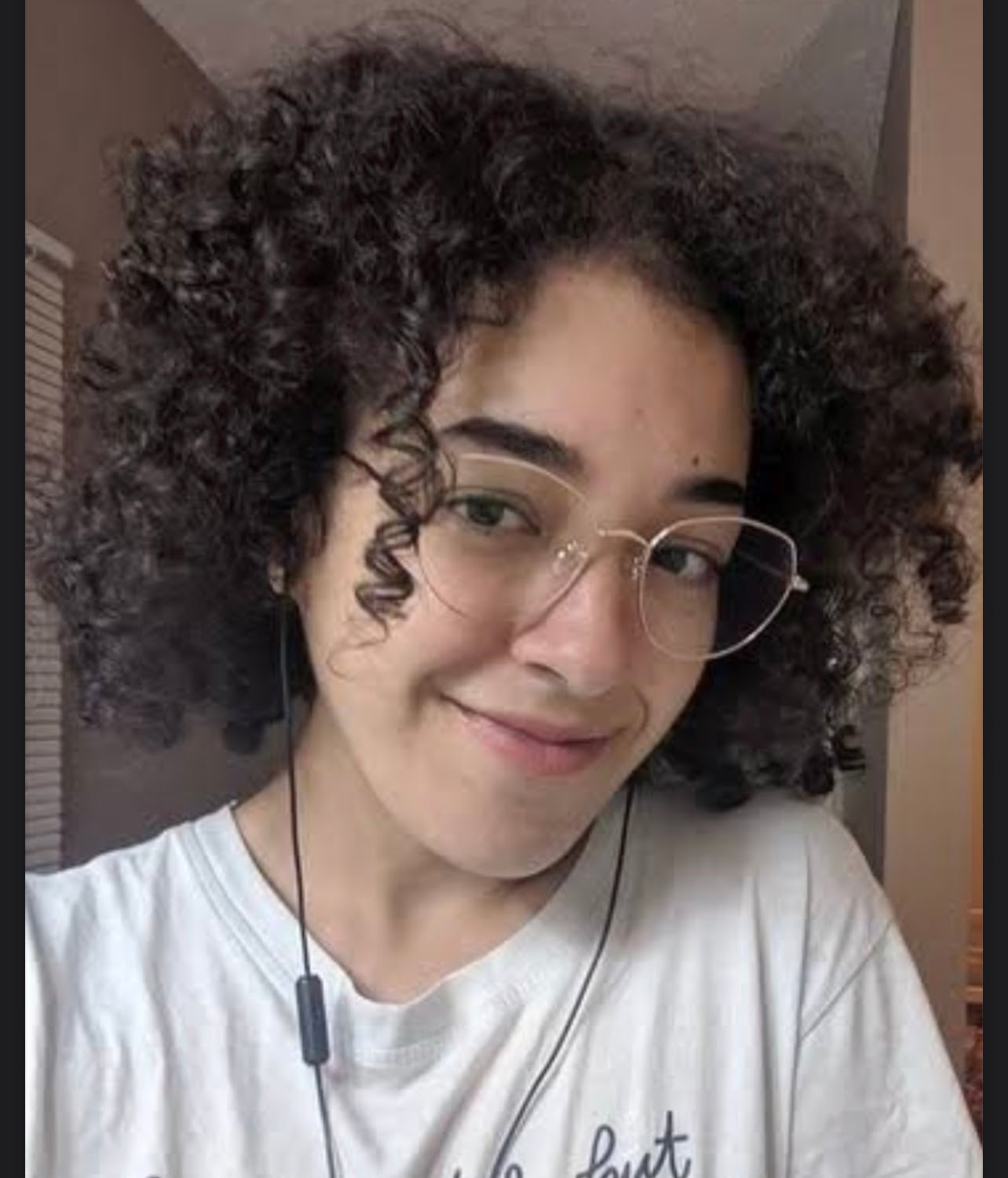
The Truth About Eating Disorders | Monica Bassilli
The Truth About Eating Disorders – There is No Truth
Trigger Warning: The following article contains eating disorders, specifically bulimia nervosa and suicide and self-harm. In addition, information to access resources and help are linked.
For over five years, I prided myself on my skills. Not academically, not professionally, but the skill of hiding disordered eating. It is without question that hiding an eating disorder takes time, effort, and lies, many lies. In this sense, eating disorders and their reality is hardly ever showcased for the average person. The lies, the secrets, are part of the game of eating disorders.
Unfortunately, it took me a long time to realize that eating disorders are not just ‘problems’ with eating. It isn’t skipping a meal here or there. It is not occasionally succumbing to the keto or paleo trends from your social group. Instead, it is a constant and overwhelming occupation with the perception of control.
Growing up, what little control I had, I used to self-destruct. I found myself constantly asking myself, why am I here? In this house, no power, no will, no focus. I found that living at home perpetuated my eating disorder. Every move I made was critiqued or flawed in a way that needed comment from a family member. I felt like anything I chose to do or even not do, was an immediate issue for my family.
What Happens When Parents Don’t Parent
As I realized that my will was not valued, I turned myself inward and self-destructed. In a sense, this was my escape. Odd, that to feel free, I needed to hurt myself.
At thirteen, I had already been cutting myself, meanwhile plotting countless elaborate suicide attempts. What had been a seamless transition for some from elementary to middle school, I quickly realized that I wouldn’t have an easy time. I wore my brother’s hand-me-down West 49 clothes, refused to wear make-up, and was not thin. If anything, I was overweight.
Speaking to this experience, I believe anyone going to school past the year 2000 understands that social groups and school dynamics make or break a person. I found myself alone and isolated in middle school as my supposedly best friends migrated to more popular and likeable groups. Could this have been avoided? Absolutely. I was conscious of the isolation,In middle school, but I did not want to be manipulated or pushed to be a person I did not want to be. Yet, in the end, that is exactly what happened.
The Illusion of Control
The isolation, the cutting, the suicidal ideation all served as a foundation for my new endeavour: disordered eating. Notwithstanding home life, I manufactured a bulimia’s paradise in the outside world.
At home, I was inundated with Egyptian delicacies. From heavy deep-fried dishes to vast amounts of Little Ceasars take-out, I was never without a large, heavy meal at home. Although this sounds like a great situation, there are caveats. If I don’t eat enough, I am being disrespectful to my mother. If I overeat, to the point where I feel sick, both my father and mother often applaud for being a “good girl” and finishing the leftovers.
Days later, when met with the “oh you’ve gained weight” comment, how could I explain?
Subtle Pressures and Why They Matter
However, seldom was I met with the weight gain comment. On the contrary, I prided myself on the opposite: “oh wow how do you stay so thin!” It felt like my little secret. No more was I the fat brown girl in school who worse boys’ clothes. Instead, I was the thin brown girl people afforded attention and time.
The comments helped fuel my eating disorder and helped me to map out where precisely I needed to improve my “hiding” of the issue. It is still, after almost four years of moving away from home, that my parents still are clueless about why the washroom I used was a disaster. For years I heard my mother say my bathroom was disgusting, even a few times call me out when she could listen to me audibly vomiting, but never did she address anything. This is the truth about eating disorders. There is none. Even the people deemed closest to you are unwilling or unaware of how they impact one another.
Coming Clean
Being honest and truthful about your experiences with eating is critical. So why are there few stories documenting the experiences of people with eating disorders? Do people care? People ought to care for themselves and others and should therefore act accordingly.
Less than 6 percent of people with eating disorders are underweight. Yet, why is the first picture in everyone’s head of an eating disorder a thin white woman? Why did we primarily learn about anorexia in middle school? Why is it still taboo to talk about this?
At the very least, this article paints a picture of what it means to carry and effectively hide an eating disorder. The goal is that it inspires people to be aware of those around them who are struggling and have learned all too well to hide their pain.





